(February 24, 2022) Until a few decades ago, most Indians followed the concept of BYOC — bring your own container, without even knowing that this practice had a name. But somewhere along the line, with the advent of plastic carry bags, this practice got lost. The incessant use of plastic has now reached mammoth levels, thus threatening the environment. With efforts of green warriors like Bittu John, mindsets are changing.

Bittu John, Founder, 7 to 9 Green Store
Realisation dawned when…
This disturbed Bittu John of Kolenchery in Ernakulam district of Kerala to such an extent that he was keen to find a solution, which he eventually did during a trip to England in 2015. His eureka moment came when he saw people bringing their own containers for grocery shopping. An Mtech in industrial engineering and Btech in aeronautical engineering, the green warrior, launched the concept in India in 2018 with 7 to 9 Green Store.
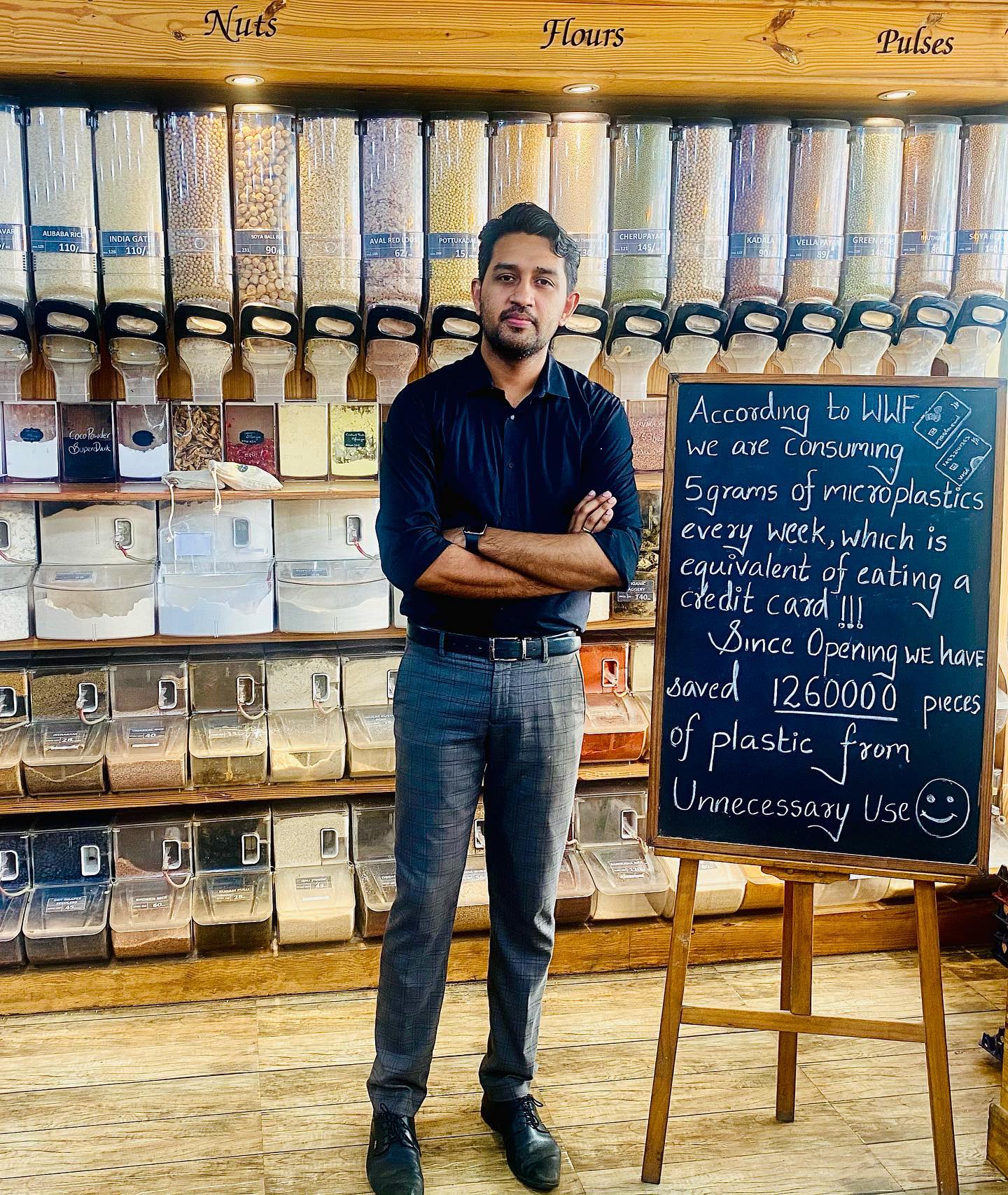
Bittu John at his 7 to 9 Green Store
“The zero-waste grocery store in London impressed me so much that I wanted to be the first to launch along similar lines in India. In the wholefood store in London, all the products were in jars and baskets. Nothing in plastic packaging. And customers carried their own jars, containers and cotton carry bags,” the green warrior tells Global Indian.
From idea to reality
It took him three years to translate the idea into reality. After quitting his job in Bengaluru, he converted his 40-year-old family grocery store Kothamangalam Traders into a zero-waste zone and rechristened it as 7 to 9 Green Store.
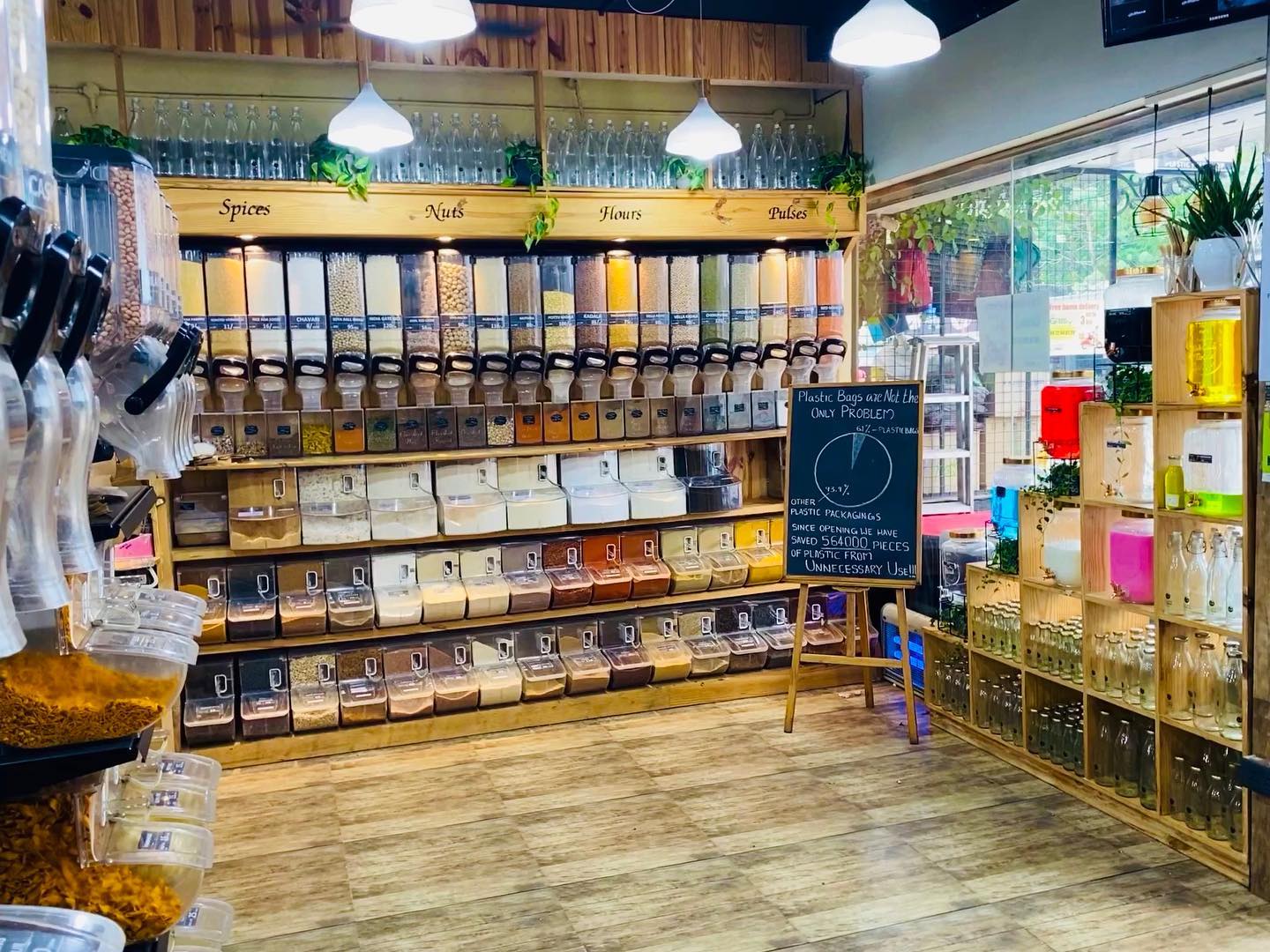
7 to 9 Green Store
Located at Kolenchery, 30 km from Kochi, Green Store is spread across 500 sqft with tastefully arranged shelves containing custom-made and imported large glass jars and other forms of containers with various grocery items. “It took me almost one-and-a-half years to transform my father’s old grocery store into a zero waste modern-day shop,” says the green warrior who got the high-quality glass storage equipment from England, Germany and China.
Vocal for local
Having led by example, the next step was to convince the customers to get their own carry bags. But it was a rough start as the unique concept received little appreciation, with only a few customers participating in Bittu’s green mission. “Most of the people don’t like to carry their own carry bags while stepping out for grocery shopping,” the green warrior says. But the determined entrepreneur was up for the challenge. “First six to eight months were challenging. Slowly, we started talking to people, making them understand this concept. Another big challenge was shifting customers’ choice from well-known brands, which normally come in packages, to local brands which are fresh, natural, eco-friendly and home-made without any preservatives or artificial colours,” adds the green warrior.
Providing free samples of the grocery items to convince the customers of the quality of local brands was one of the steps that tilted the scales. “Customers gradually moved to local brands and started buying items from our store,” beams Bittu with pride.
Growth story
The risk paid off, and in no time, the store’s growing popularity spread far and wide. The green warrior informs that customers drive from towns like Chengannur (94 km) and Tripunithura (20 km) just to buy grocery items from 7 to 9 Green Store. “Initially, the sale per day was Rs 20,000 to Rs 25,000, but because of the strong word-of-mouth, the sales picked up and currently we make sales worth Rs 40,000 to Rs 60, 000 per day,” adds the green warrior whose organic corner in the store is one of the major attractions.

7 to 9 Green Store
After the success of his maiden store, the green warrior is gearing up for his second ‘green’ store in Ernakulam. “The best part of this store is that most of the disposal jars used in my new store are being manufactured in Kerala,” informs Bittu who has protected the environment by saying no to plastic bags and packaging for years now. The 30-something never misses a chance to educate his customers on the shelf life of loose items, which he deems is an important lesson. “The shelf life of the products, especially food items is shorter than those that come packed. For example, the shelf life of loose flour is around three weeks, while packed flour may expire in the next nine months. So we have to sell some of our products within a week. We try to make our consumers aware of this aspect while also educating them about the consequences of plastic wastes,” adds the green warrior.
Influencing good practice
Taking pride is in work, Bittu says that the concept of bring-your-own-container has changed the local people’s mindsets. “We estimate that we have prevented the use of around 15 lakh pieces of plastic in the past four years. We are relatively a small store. Imagine the amount of plastic coming out of each store every day in the country,” adds the green warrior.
He also conducts special programmes in local schools on plastic waste and the importance of using zero-waste products.
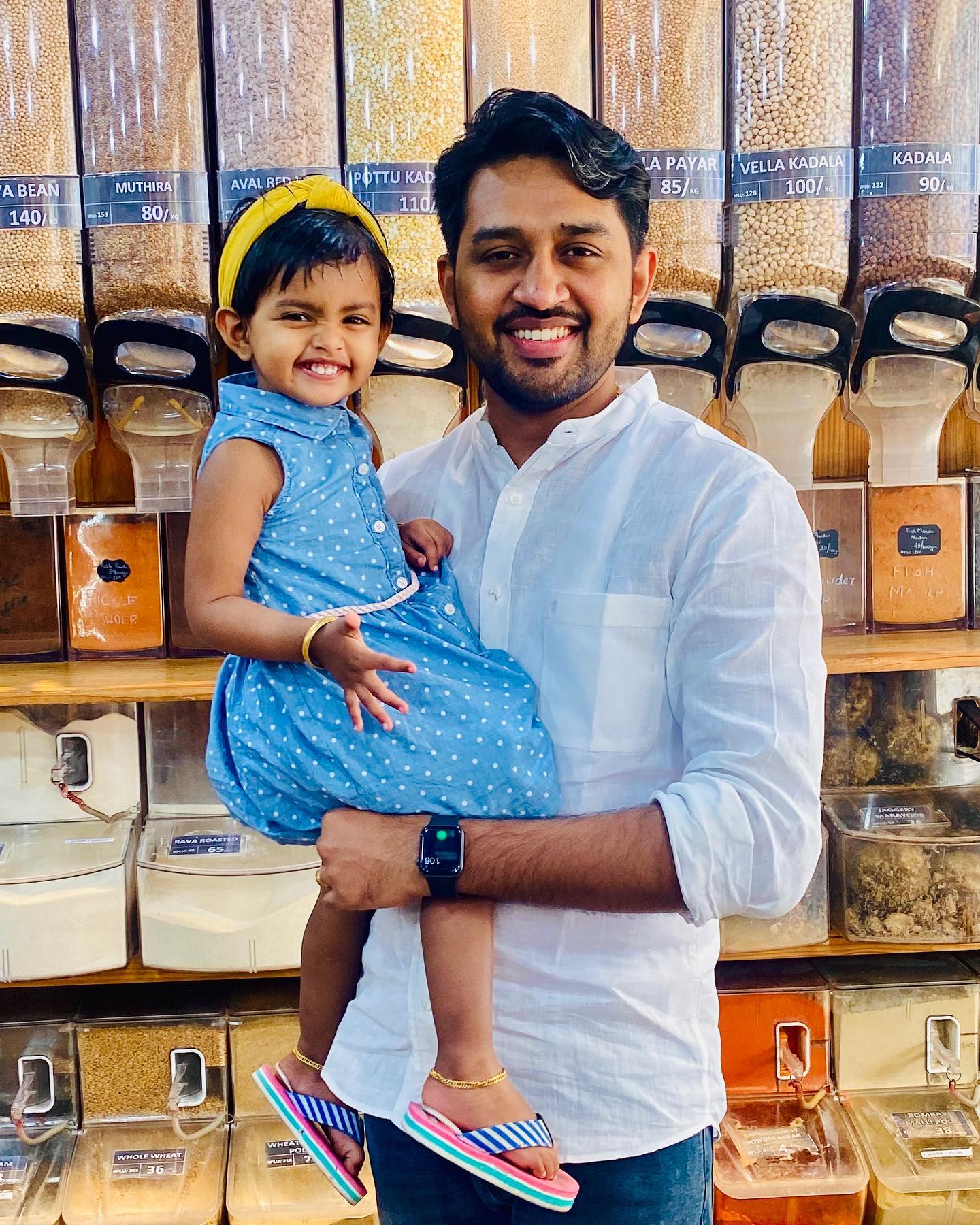
Bittu John – the role model
The green store has made the green warrior, a role model, thus inviting enquiries from across the country about the implementation of the concept in their respective stores. He is also mulling over the idea of franchisee stores. “I’m looking forward to supporting others who want to start their own zero-waste stores. We will be happy to share tips and our experiences,” he assures.
Thanks to Bittu, the people of Kolenchery are doing their bit to protect the environment, and if this spreads to other parts of the country, zero waste could become a movement in itself.

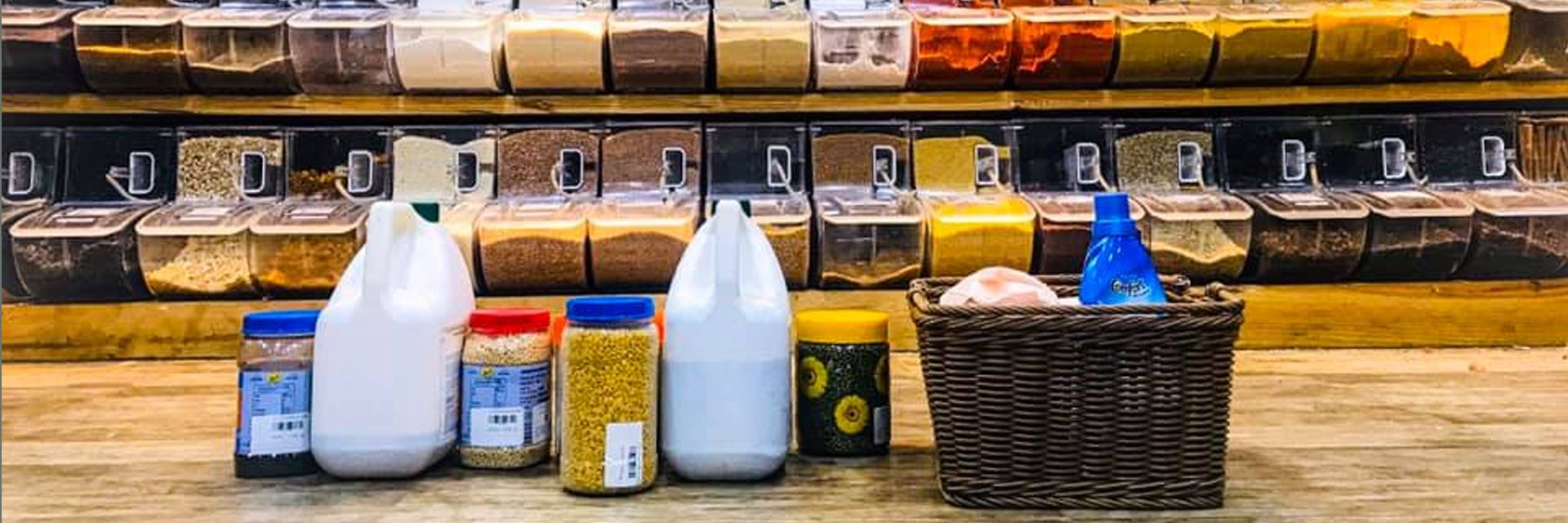

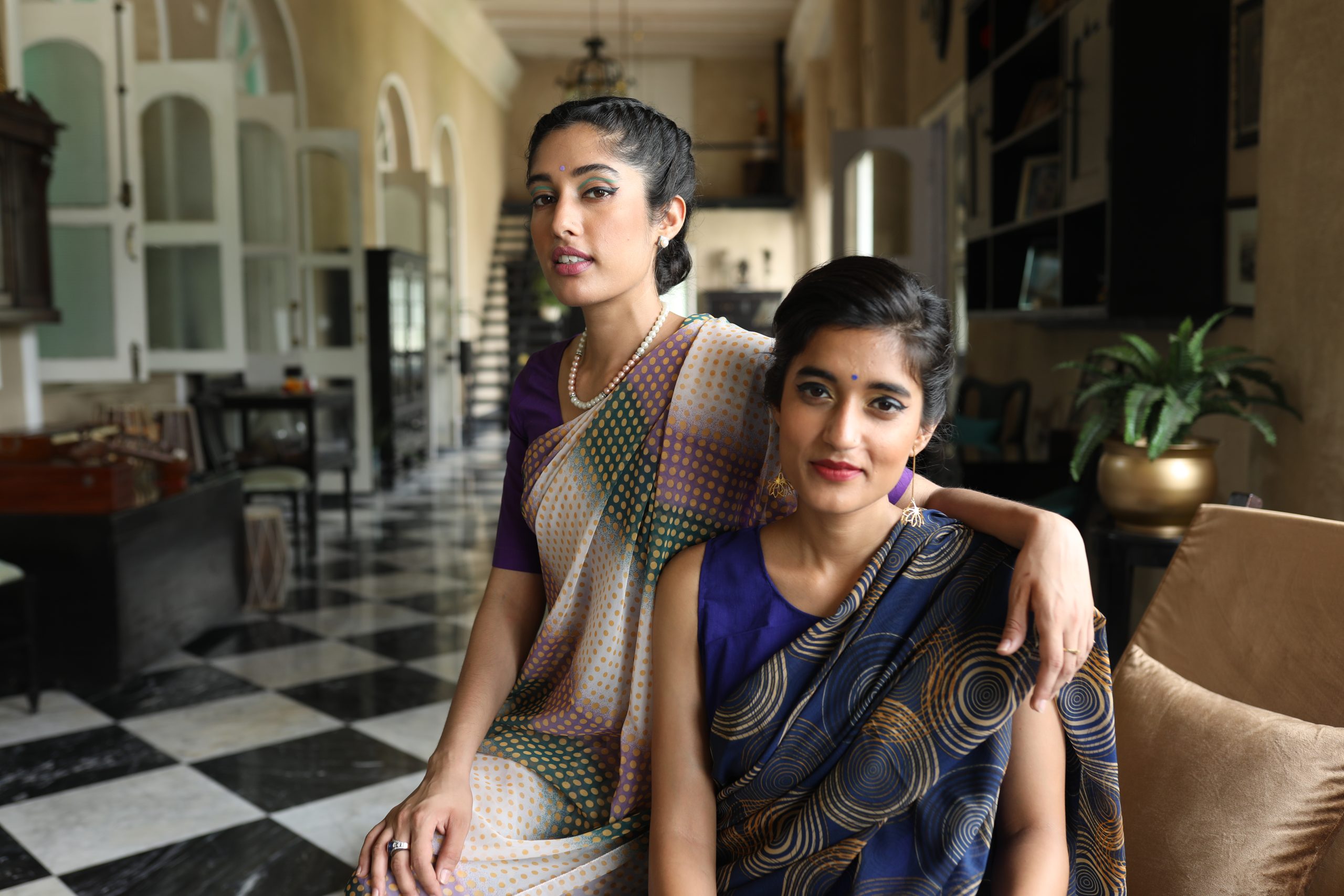 Akshita Bhanj Deo, one of the directors of the 200-year-old Belgadia Palace in Mayurbhanj with her sister, Mrinalika.[/caption]
Akshita Bhanj Deo, one of the directors of the 200-year-old Belgadia Palace in Mayurbhanj with her sister, Mrinalika.[/caption]

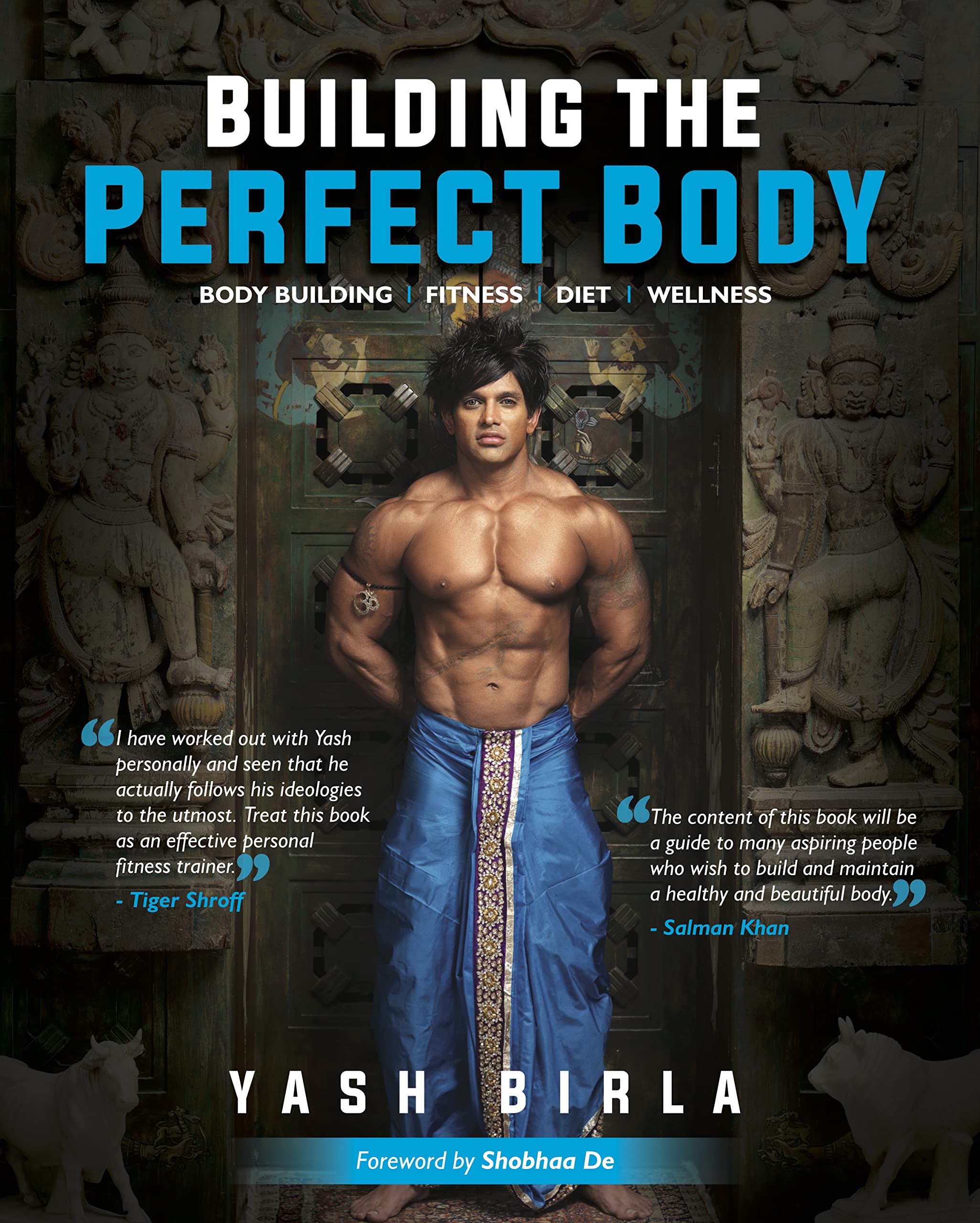 Yash Birla is the author of Building The Perfect Body[/caption]
Yash Birla is the author of Building The Perfect Body[/caption] Yash Birla is also a spiritual seeker[/caption]
Yash Birla is also a spiritual seeker[/caption] Yash Birla is an industrialist who is into ayurveda and meditation[/caption]
Yash Birla is an industrialist who is into ayurveda and meditation[/caption]
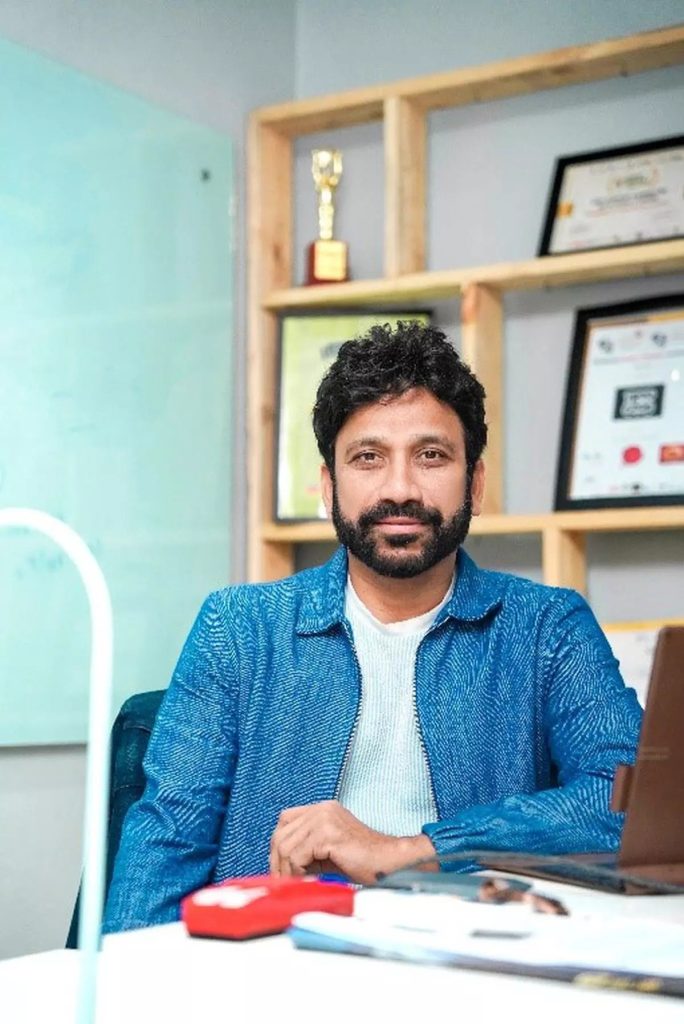
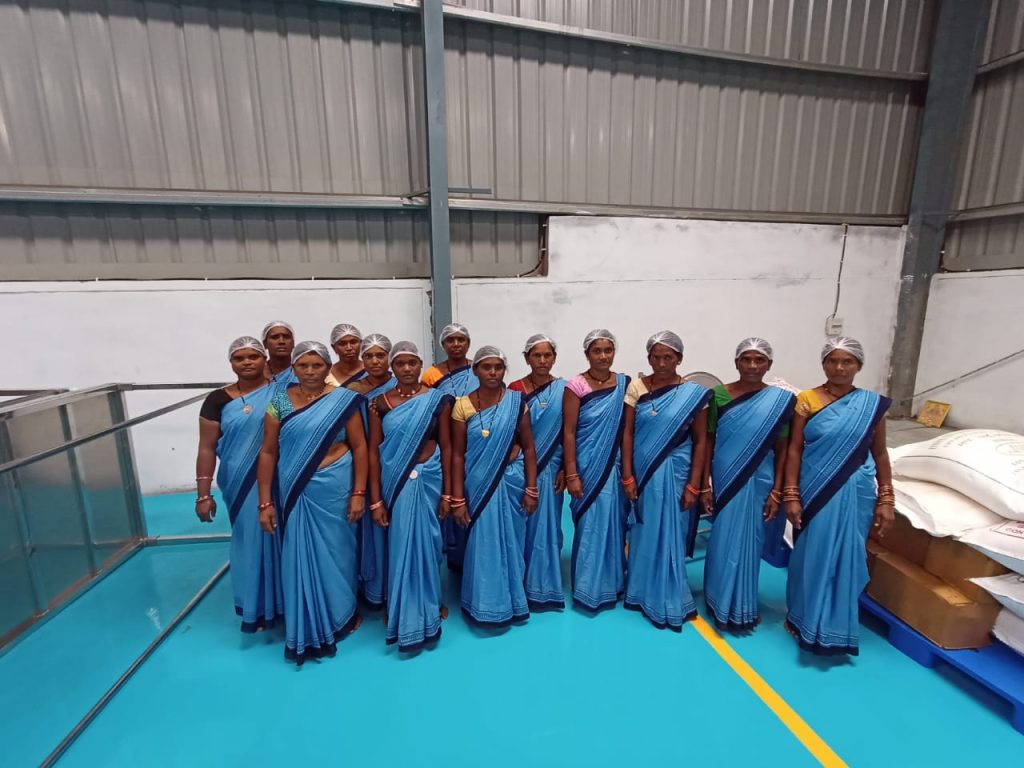
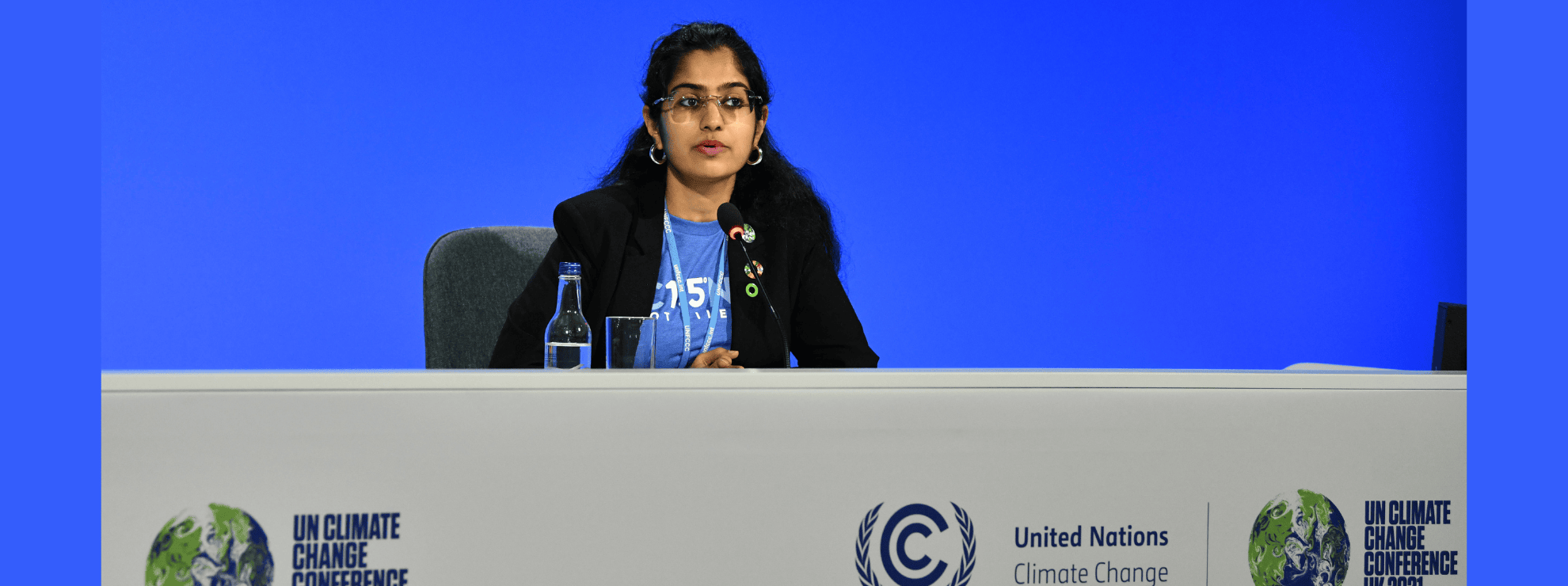
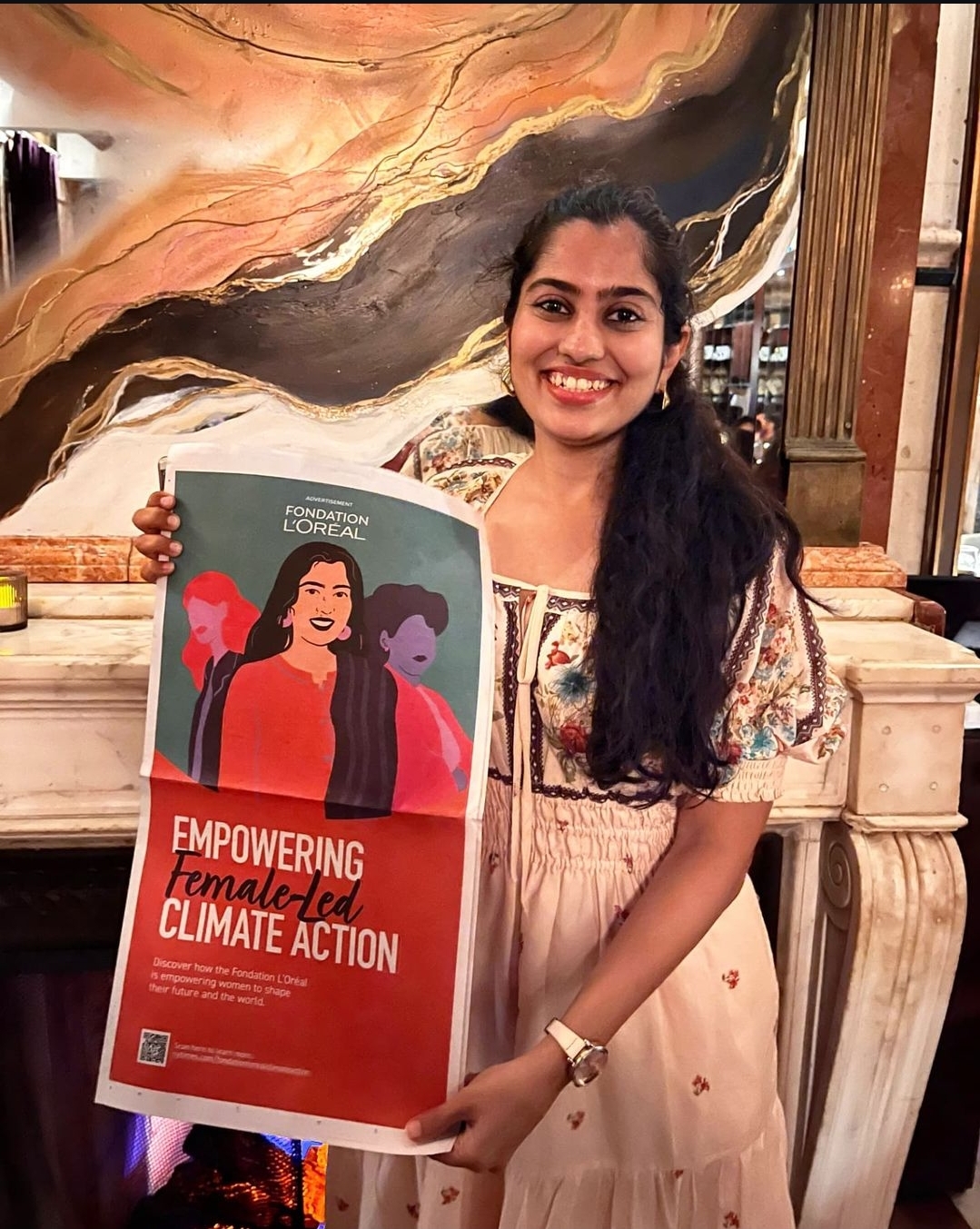 Heeta Lakhani, featured on the cover of The New York Times[/caption]
Heeta Lakhani, featured on the cover of The New York Times[/caption]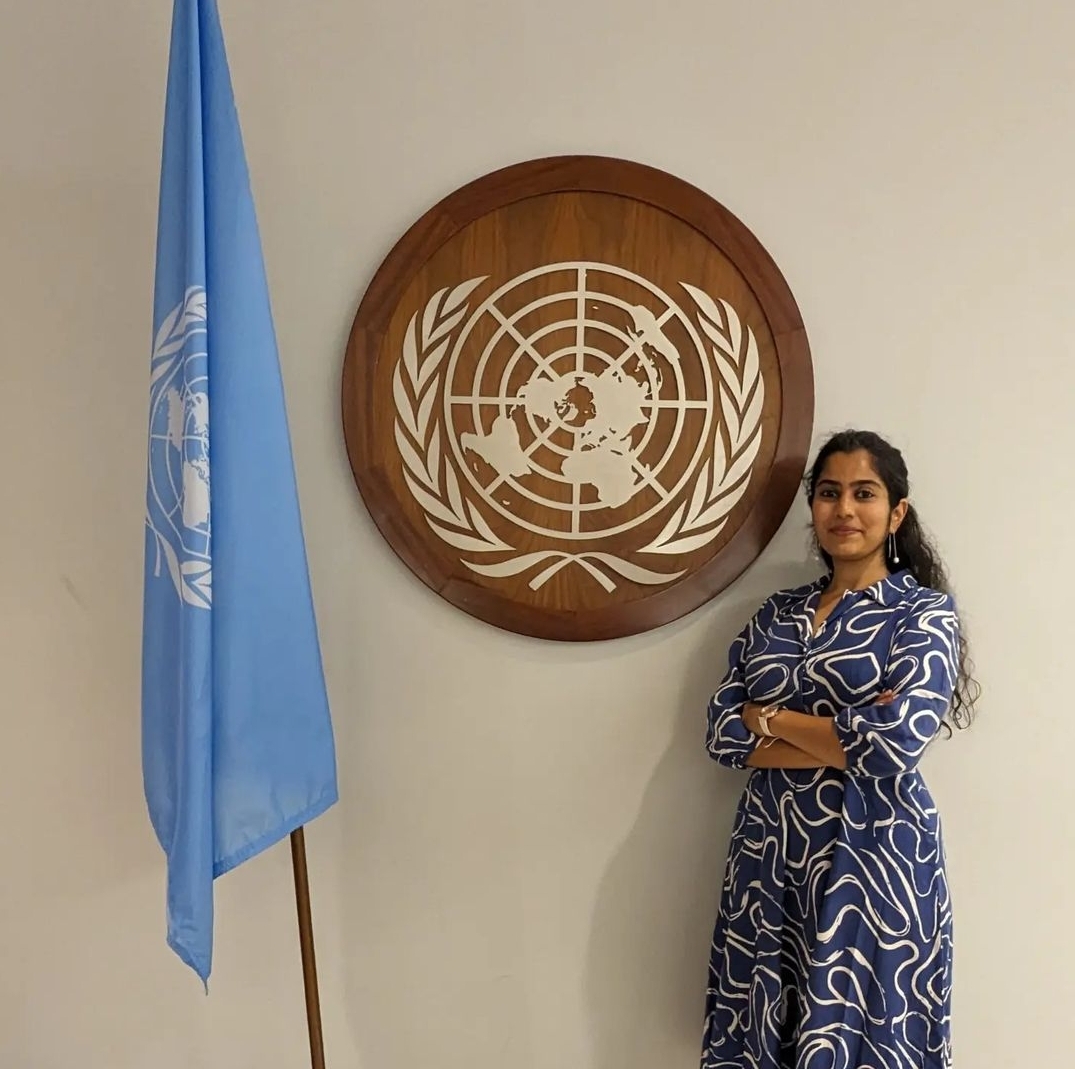
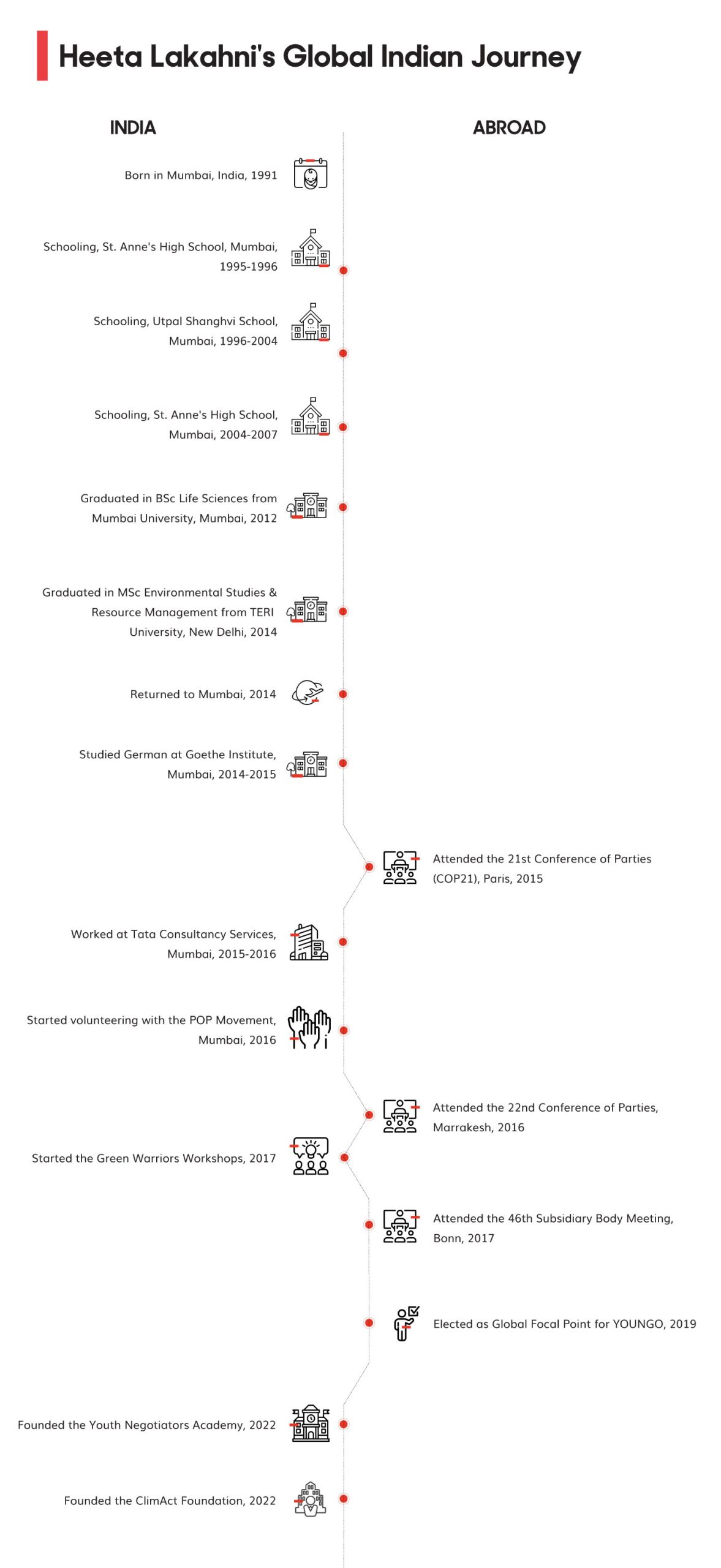
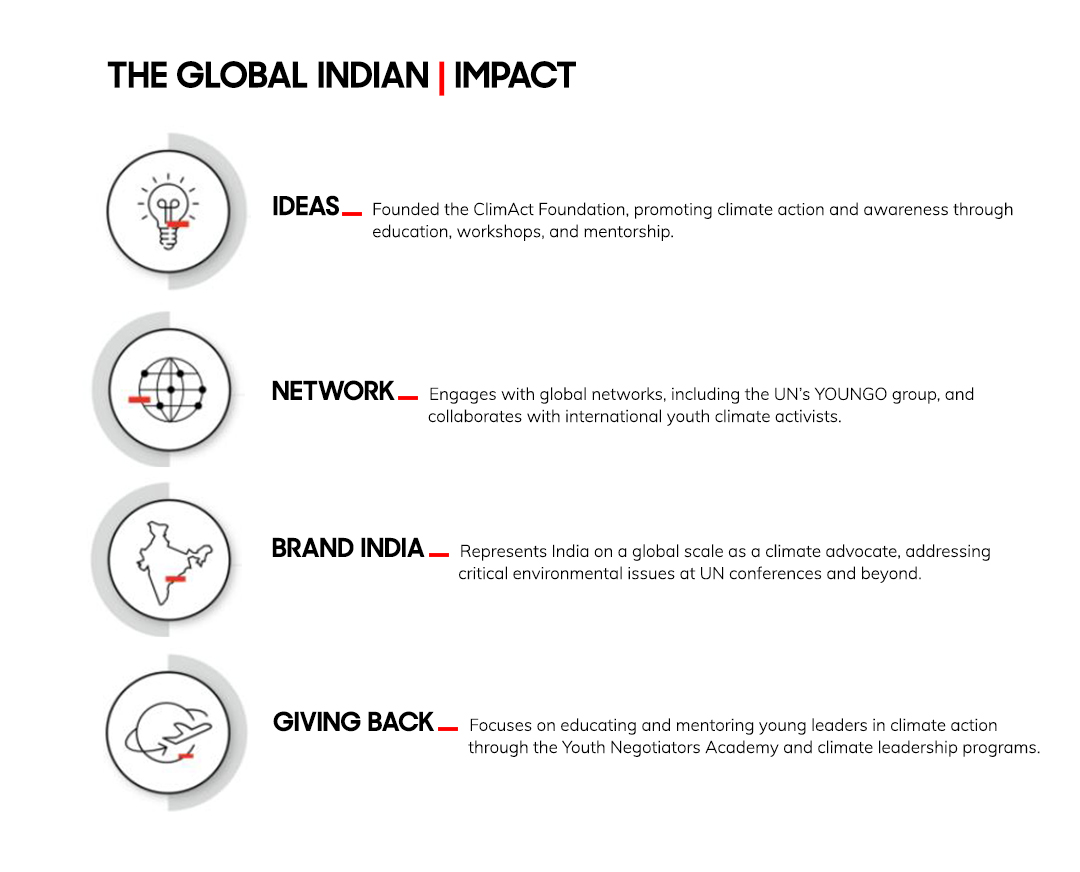
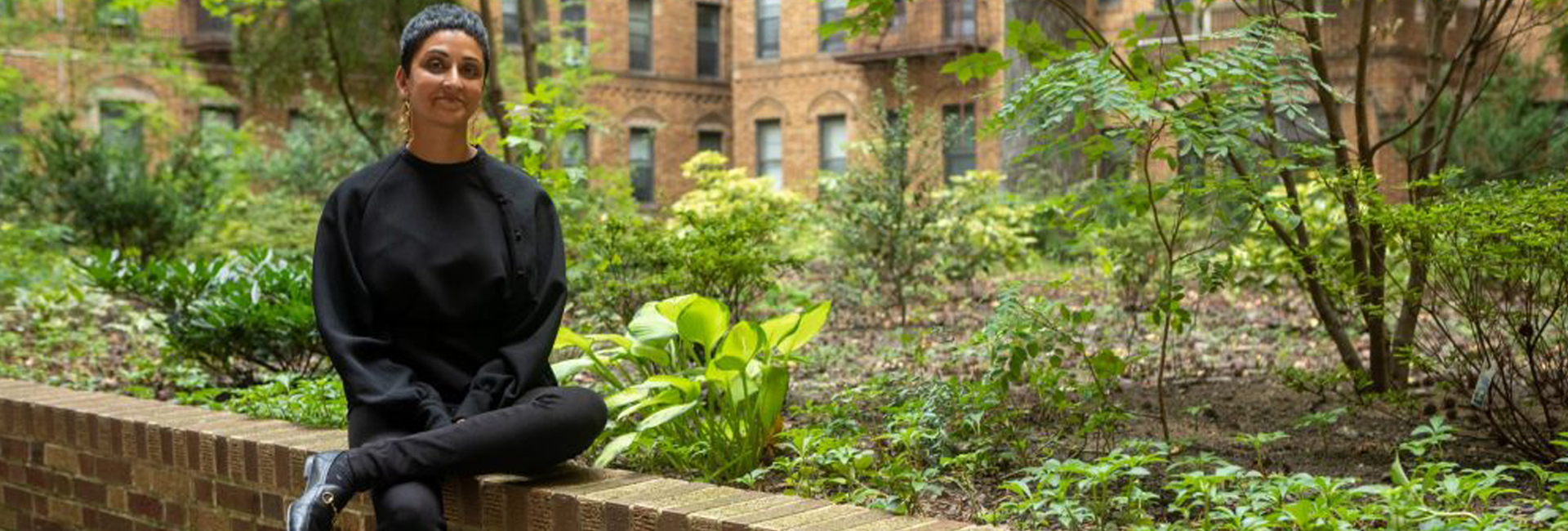
 Priti with her friends[/caption]
Priti with her friends[/caption]
Bittu तुसी ग्रेट हो| I’m amazed, pleasantly surprised n stunned with ur passion, highest level of awareness abt plastic n its negative consequences. Scy need more n more Bittu for sake of own existence along side environment!